When it comes to fitness trackers, it’s hard to know which to trust.
Users can become almost tribal in promoting their own as the best and most reliable, and there isn’t an easy comparison guide to be able to see which ones actually perform best.
That often leads people to spend huge amounts of money in search of the best data.
A bigger price tag doesn’t necessarily mean better quality, though. So is there any evidence that one fitness tracker is the most accurate? Built for Athletes takes a look.
Heart Rate
A study by Stanford University compared the data from some of the top fitness trackers around and found the Apple Watch gave the most accurate heart rate readings.
They compared the watch data with medical-grade electrocardiograph readings across various activities including walking, running and cycling, and found the Apple Watch had a median error rate of just 2%.
However, it is worth noting that Garmin say their wrist heart rate monitors are designed to provide an “accurate estimation” rather than exact results, and this is true across almost all wrist heart rate technology.
So while the Apple Watch is likely a pretty good bet to provide sound heart rate readings, even that will likely get things wrong some of the time.
With that in mind, it’s best to look at heart rates as a guide rather than an exact figure.
Steps
Any athlete who uses a fitness tracker throughout the day will recall times when they’ve reached their steps goal while sitting down. Unfortunately, pedometers just can’t be 100% accurate.
And while there have been some studies looking into which give the best feedback, not all of them are in agreement.
For example, one research paper declared Fitbit had the best step counting technology with an accuracy of 99.6%, while a different study found its data to be wrong 10% of the time.
If even the scientists can’t agree on how accurate your step count is, it’s best to bear in mind that it’s likely out by a few hundred steps.
View Data As Estimates
The bottom line is that there’s conflicting evidence as to which fitness tracker gives the most accurate readings, but the Apple Watch is among the best for heart rate data across a range of activities.
Ultimately it’s up to you how much you trust your device. But it’s probably wise to view the data as estimates rather than facts.



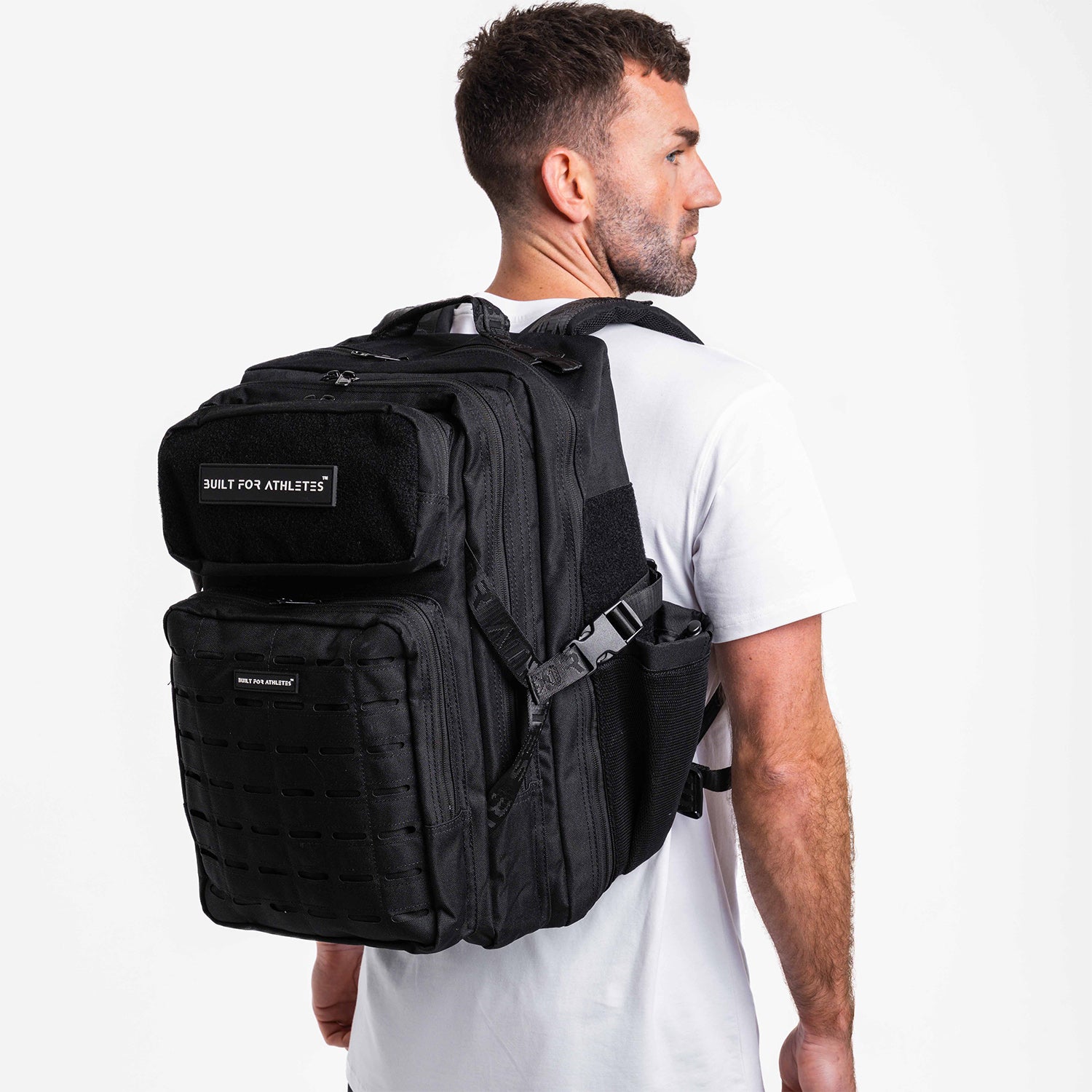
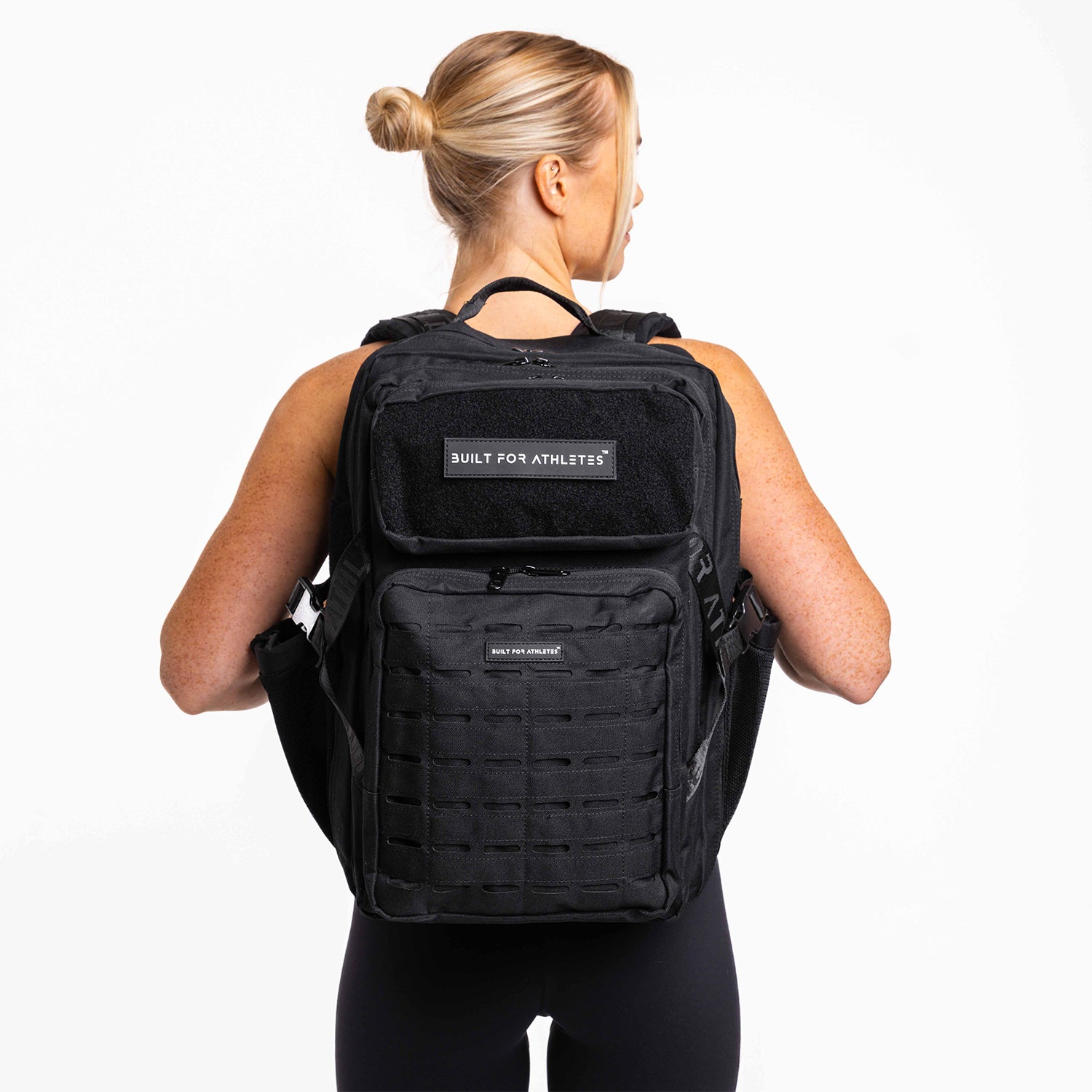
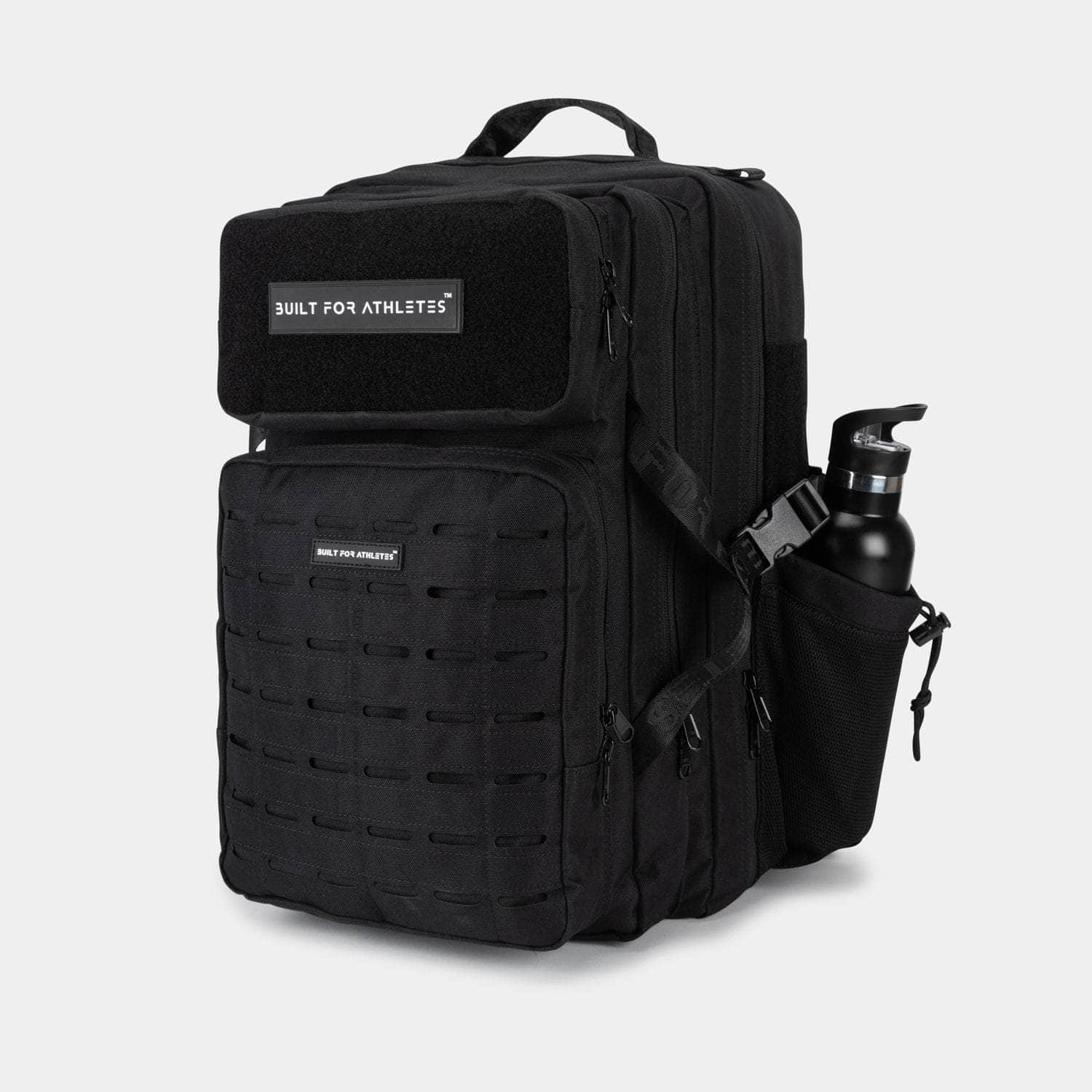






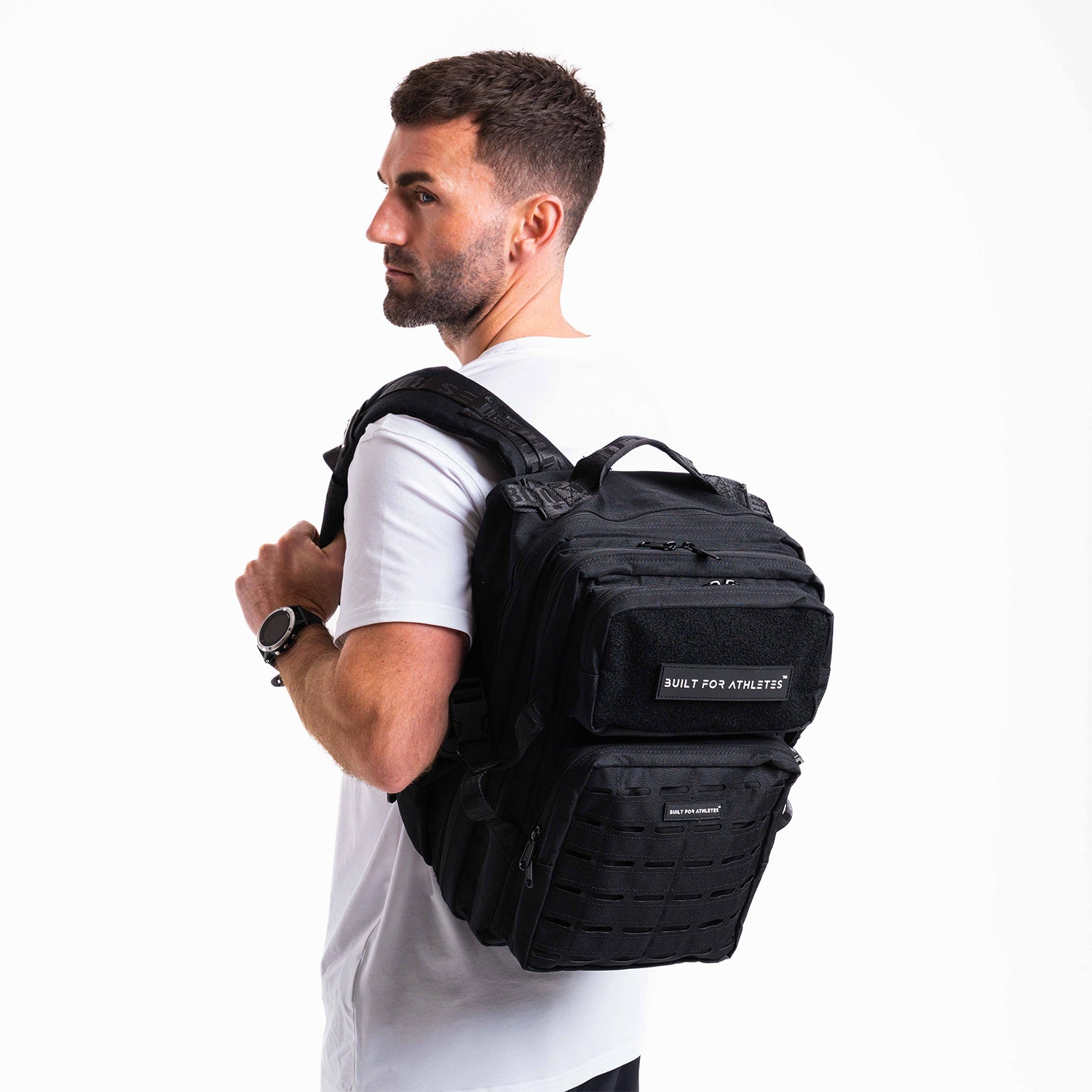
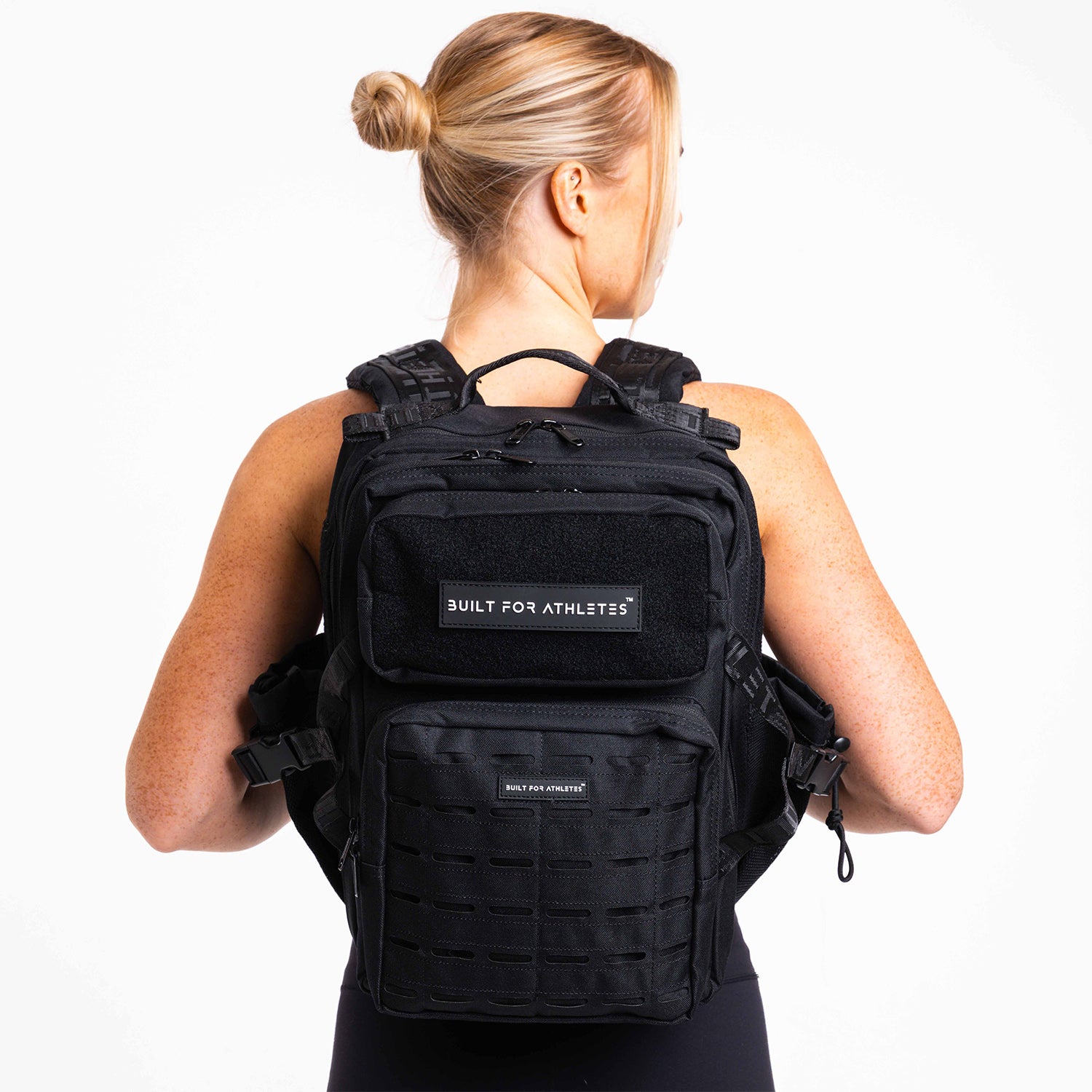
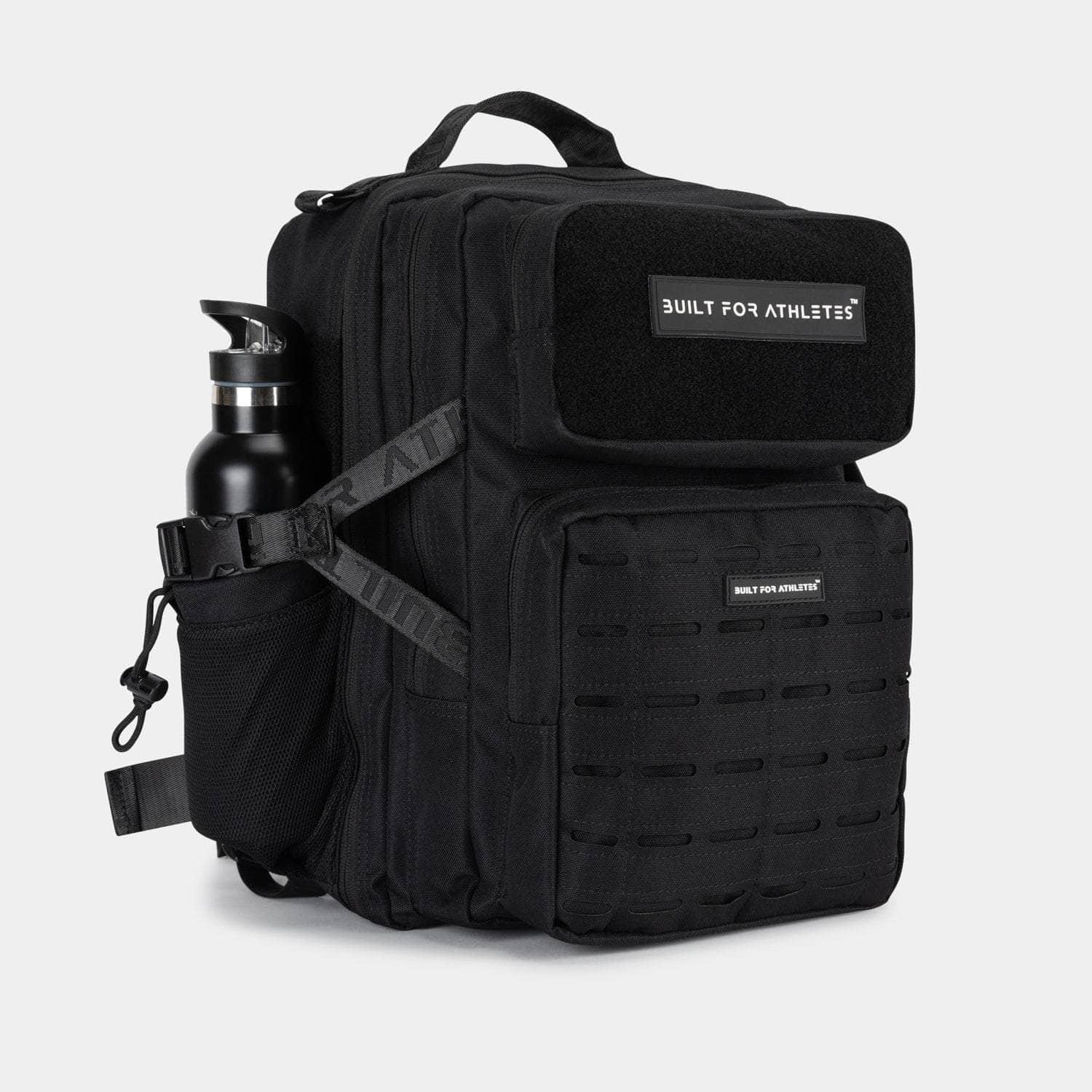




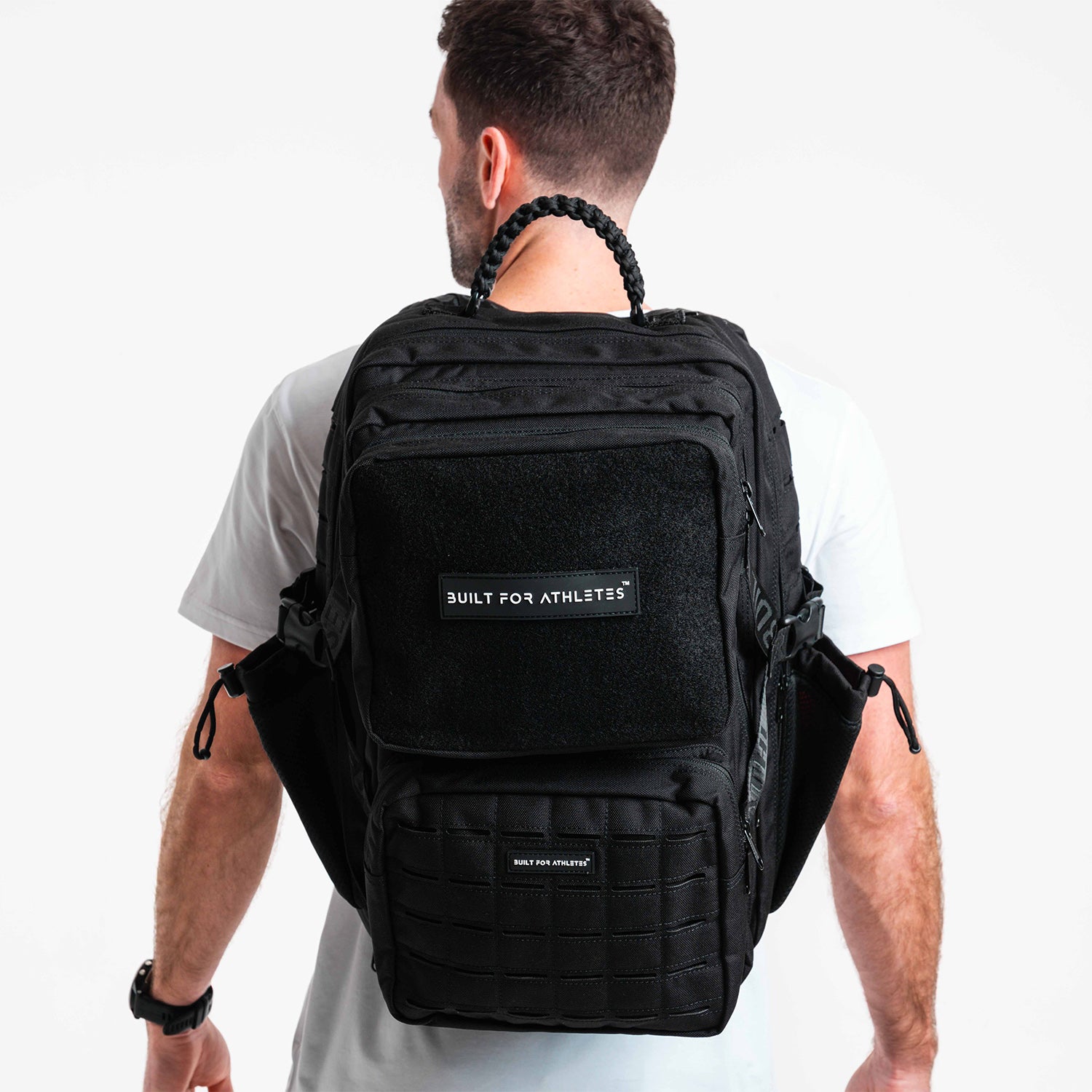
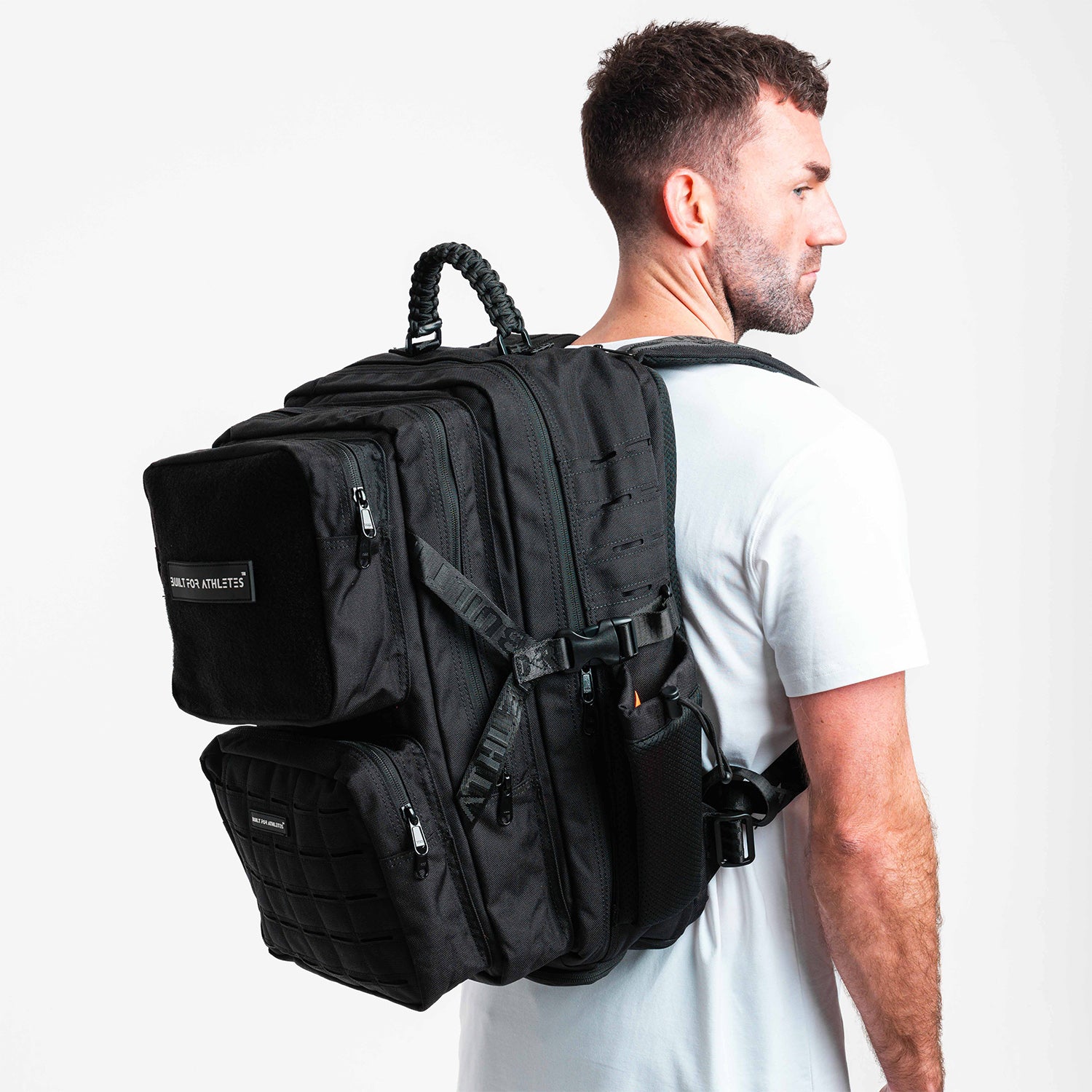
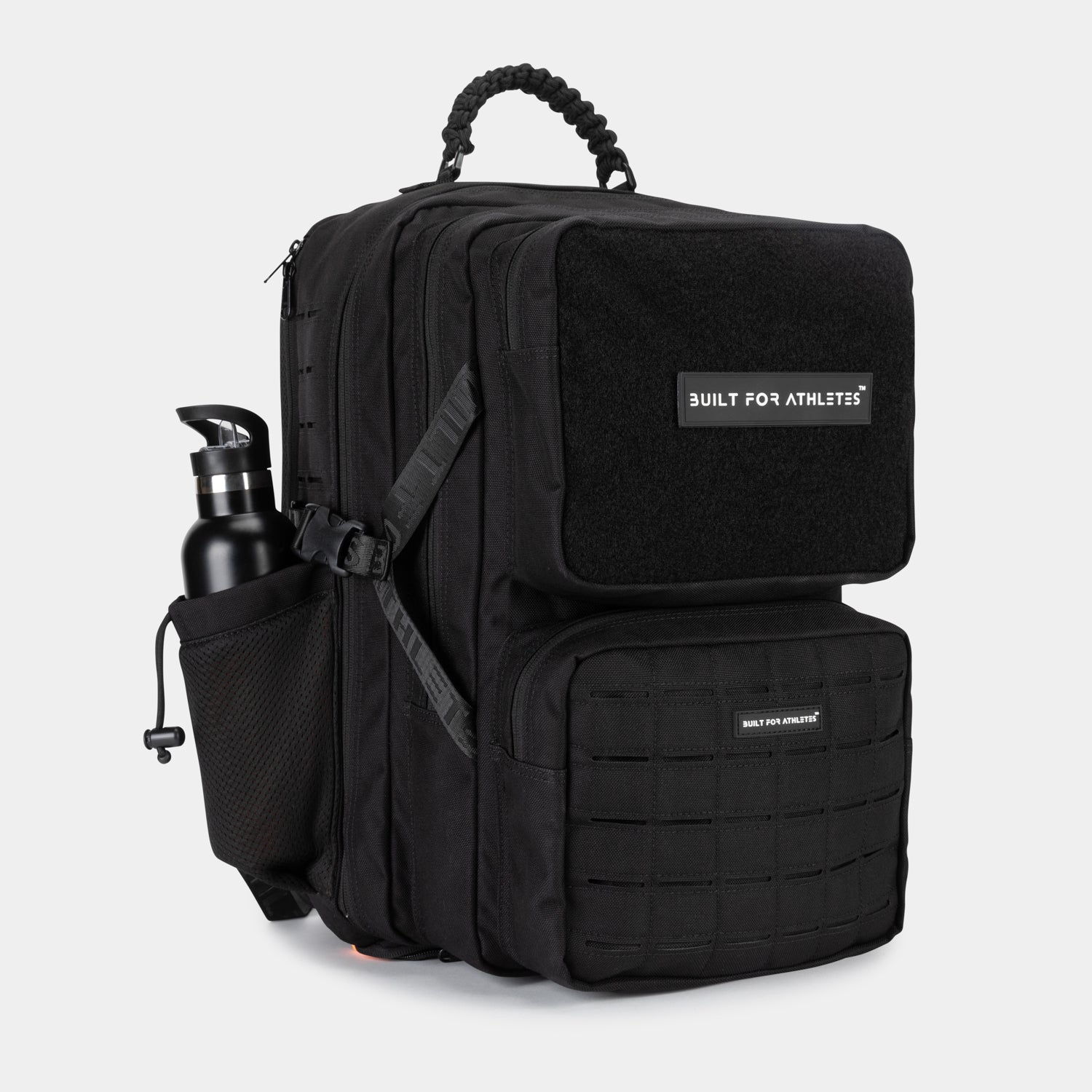







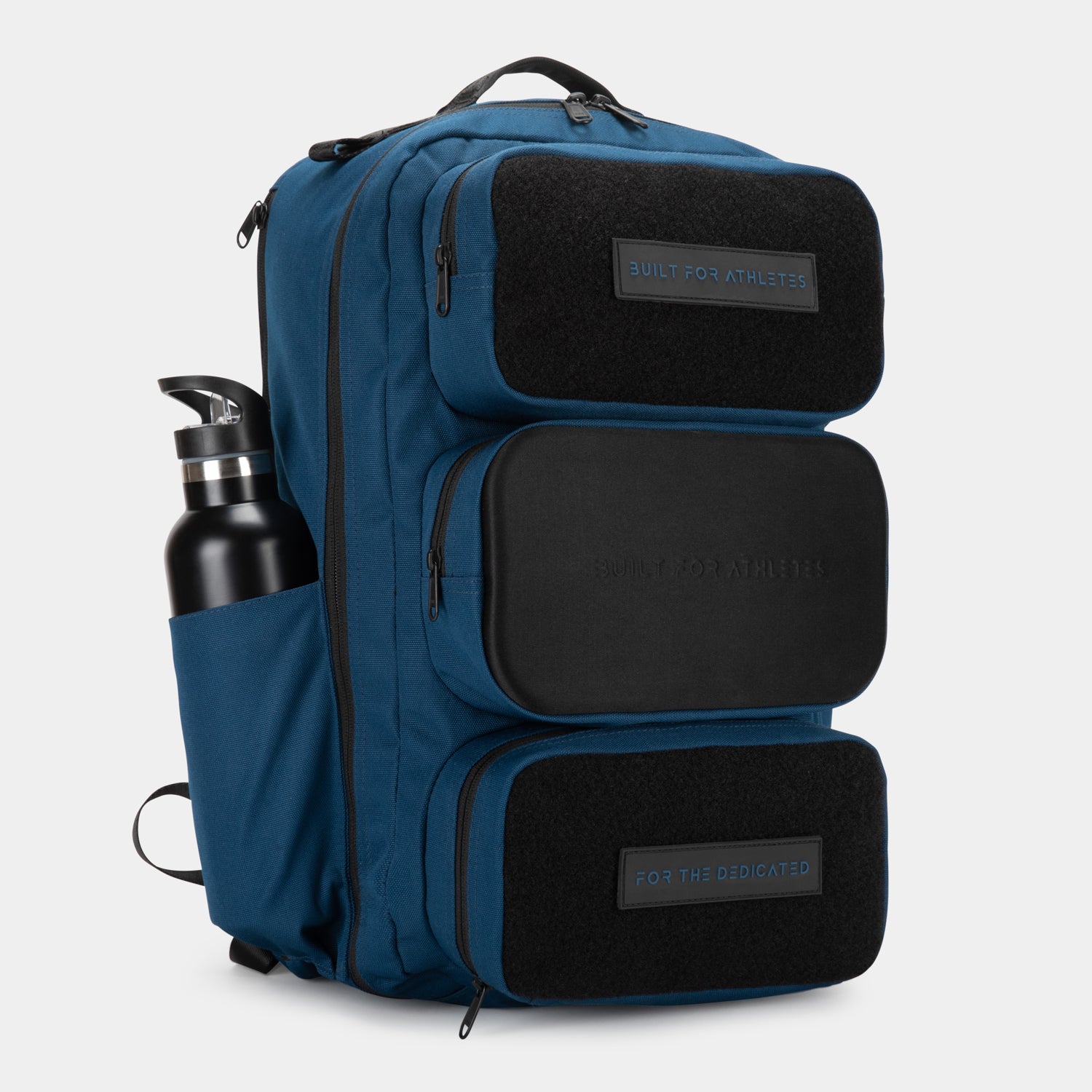
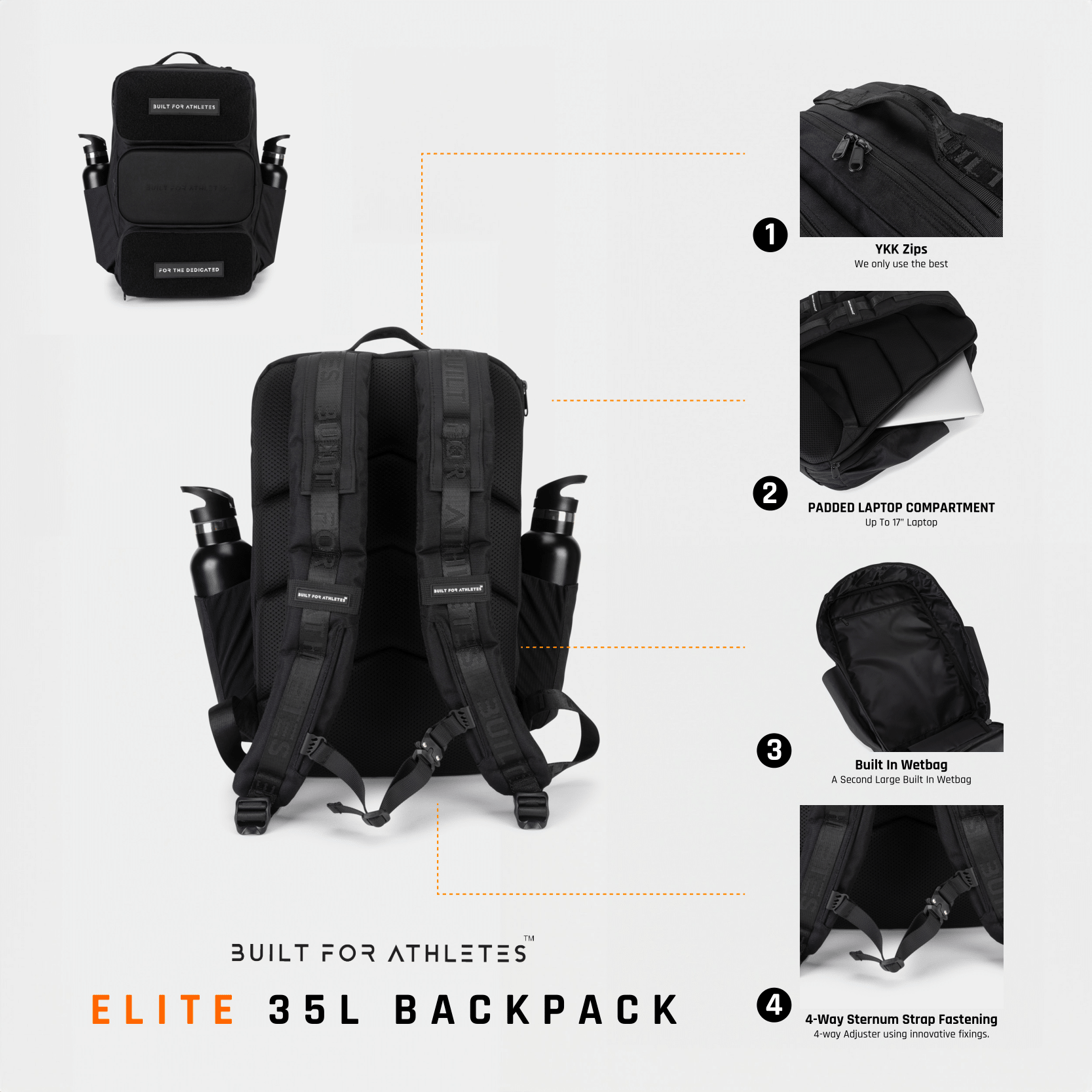
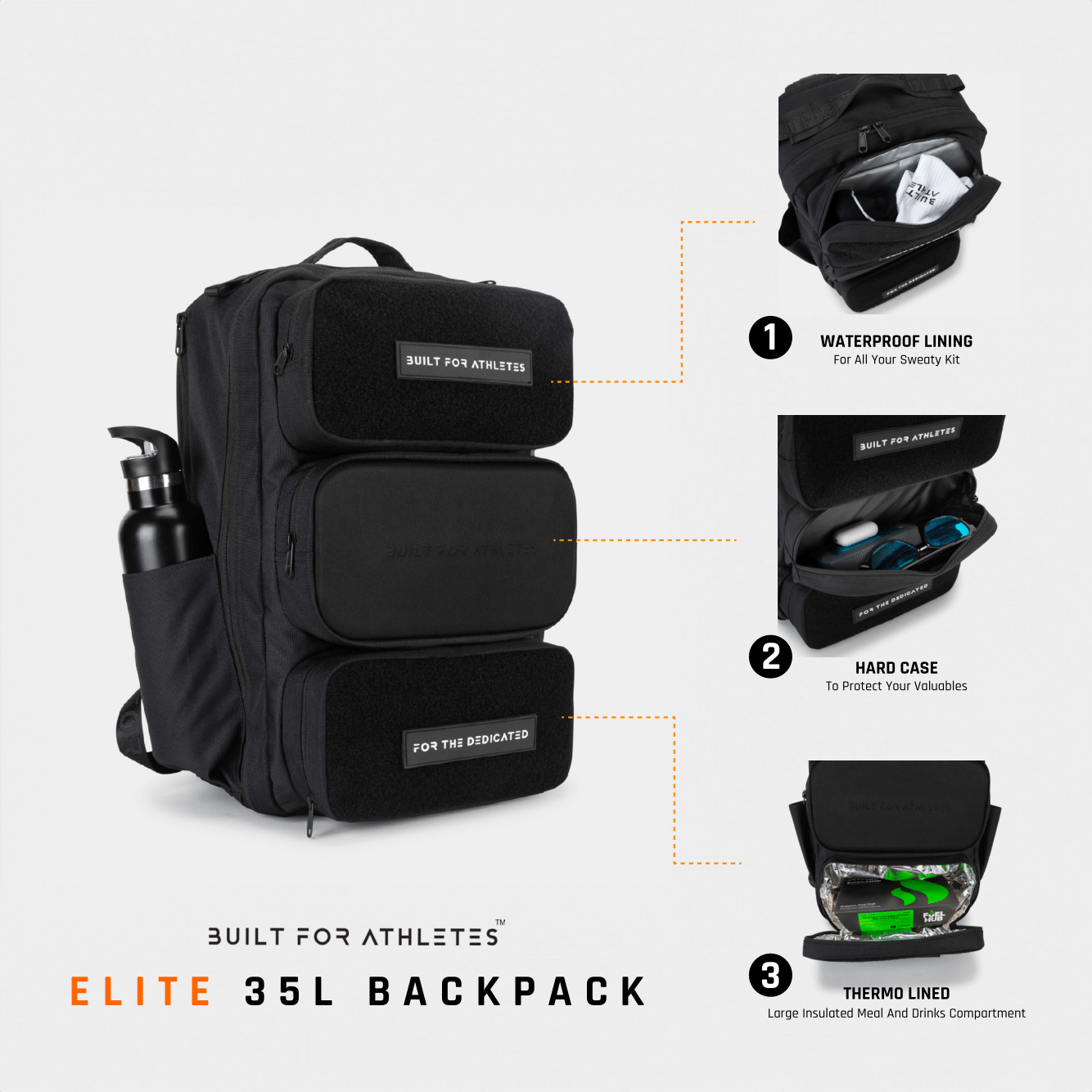




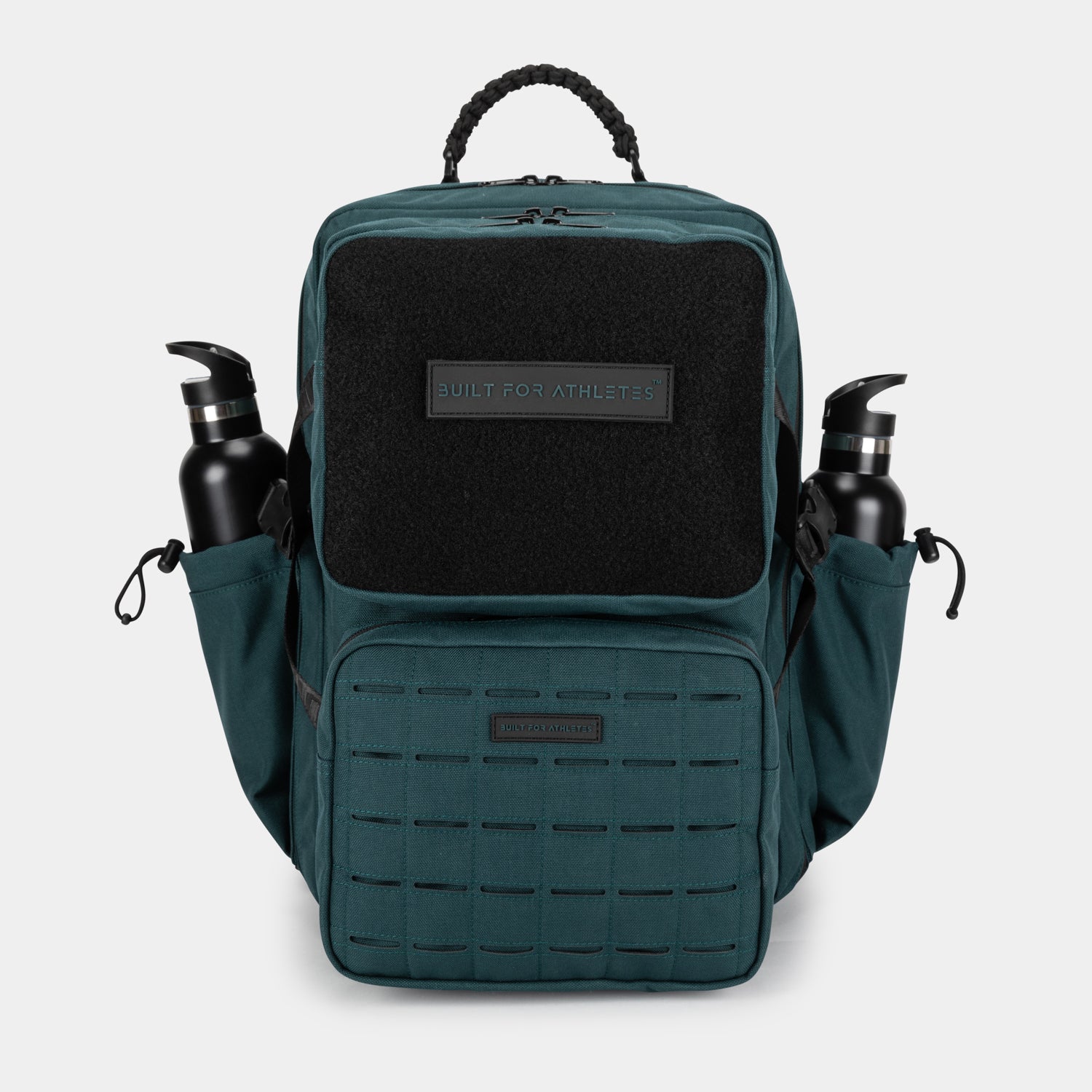




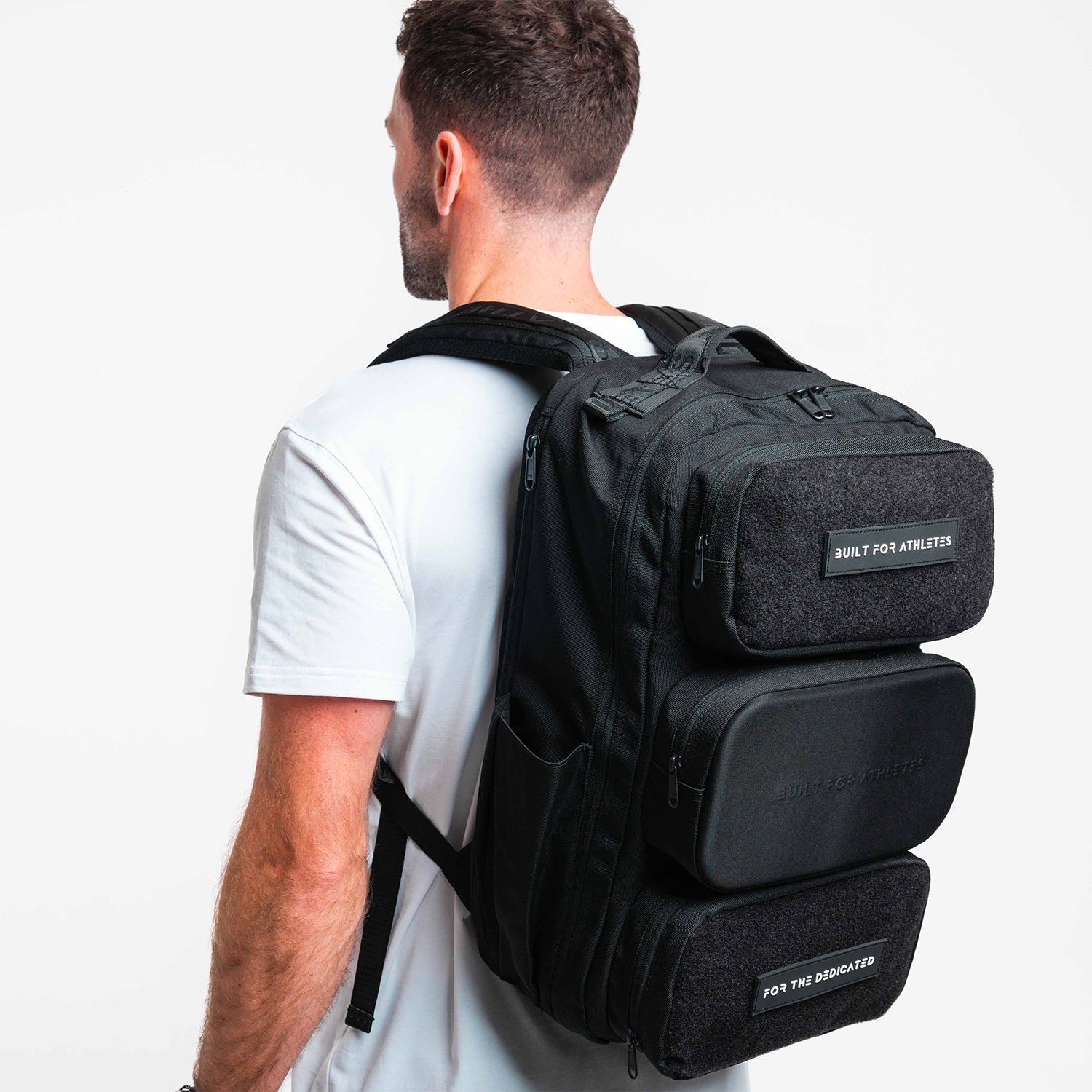
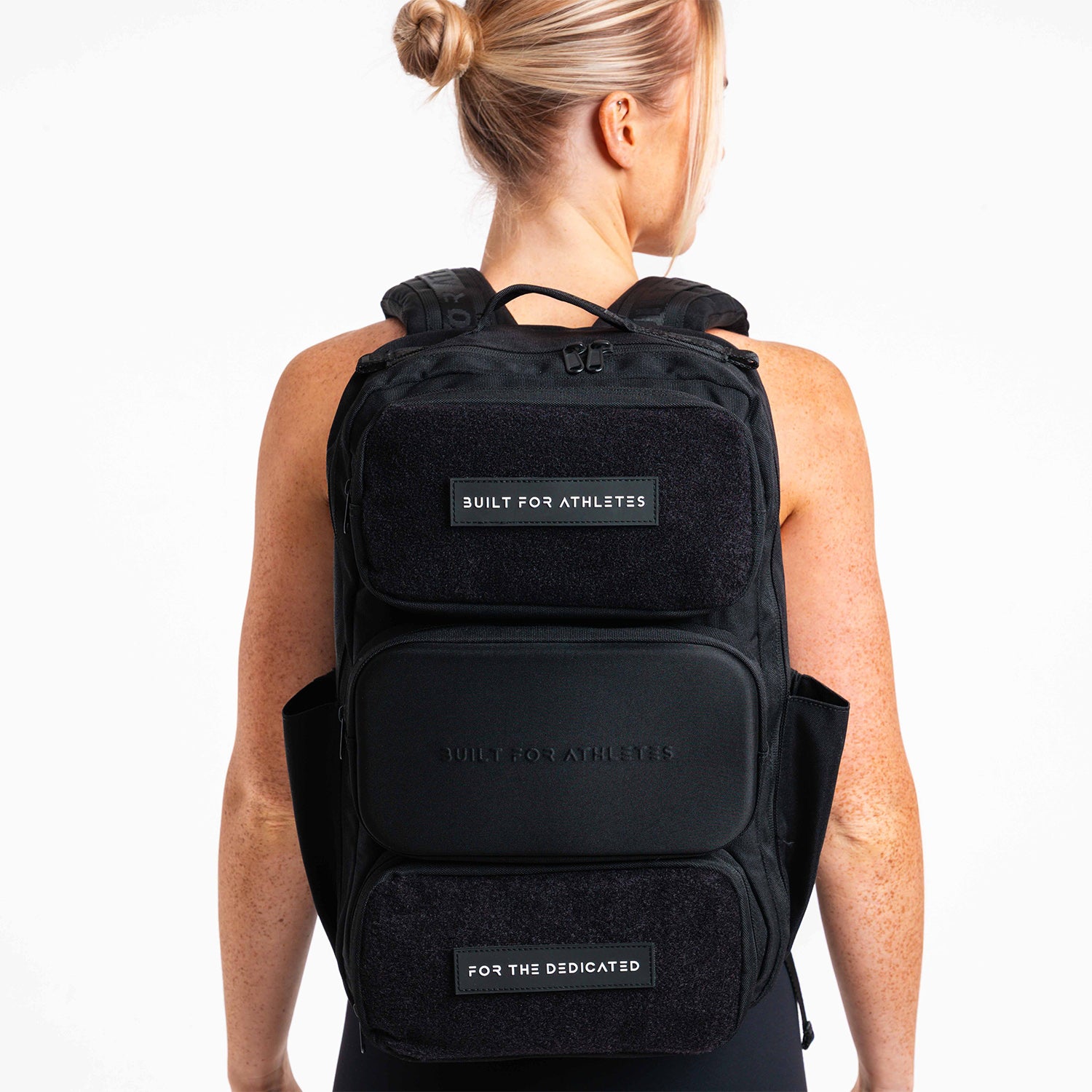
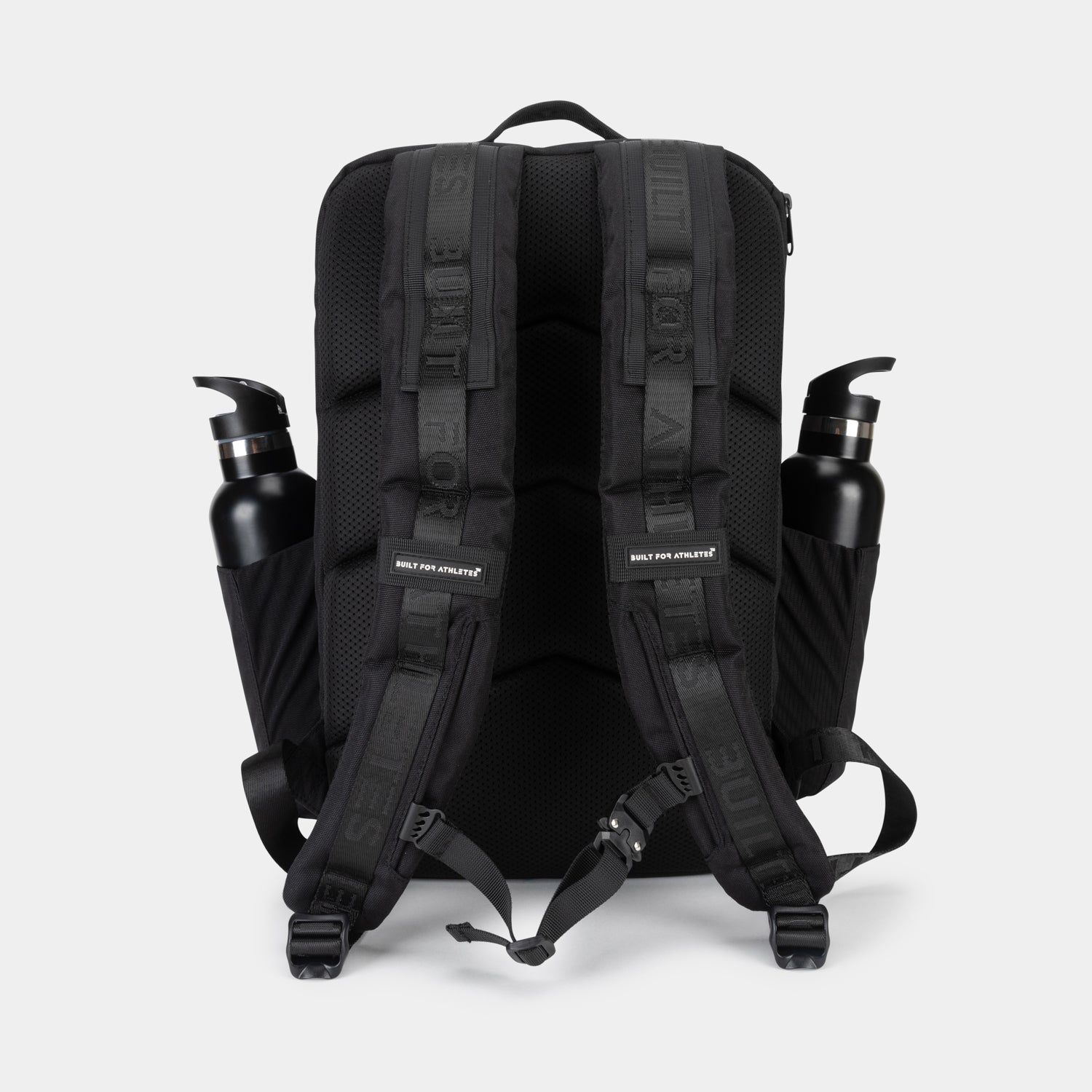
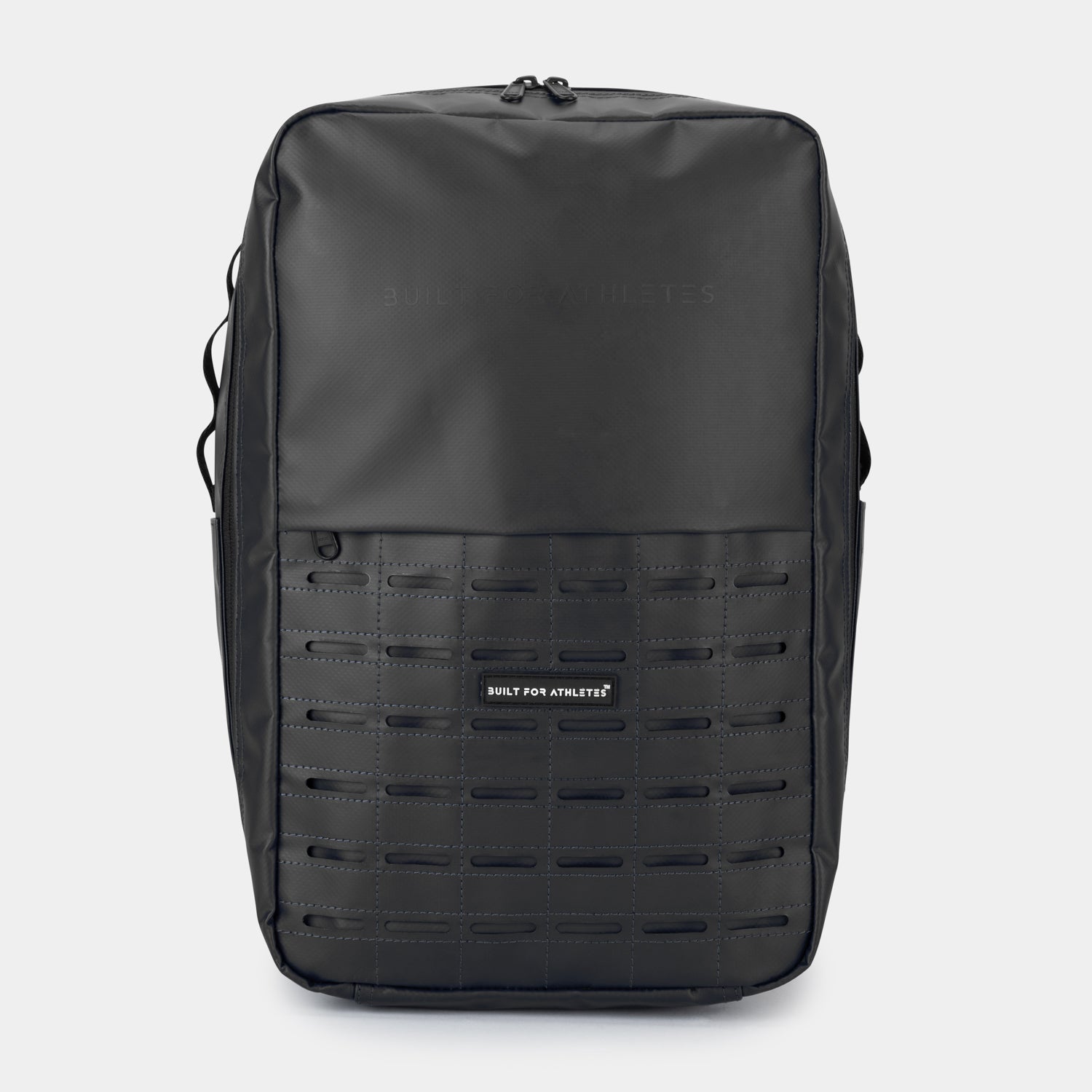
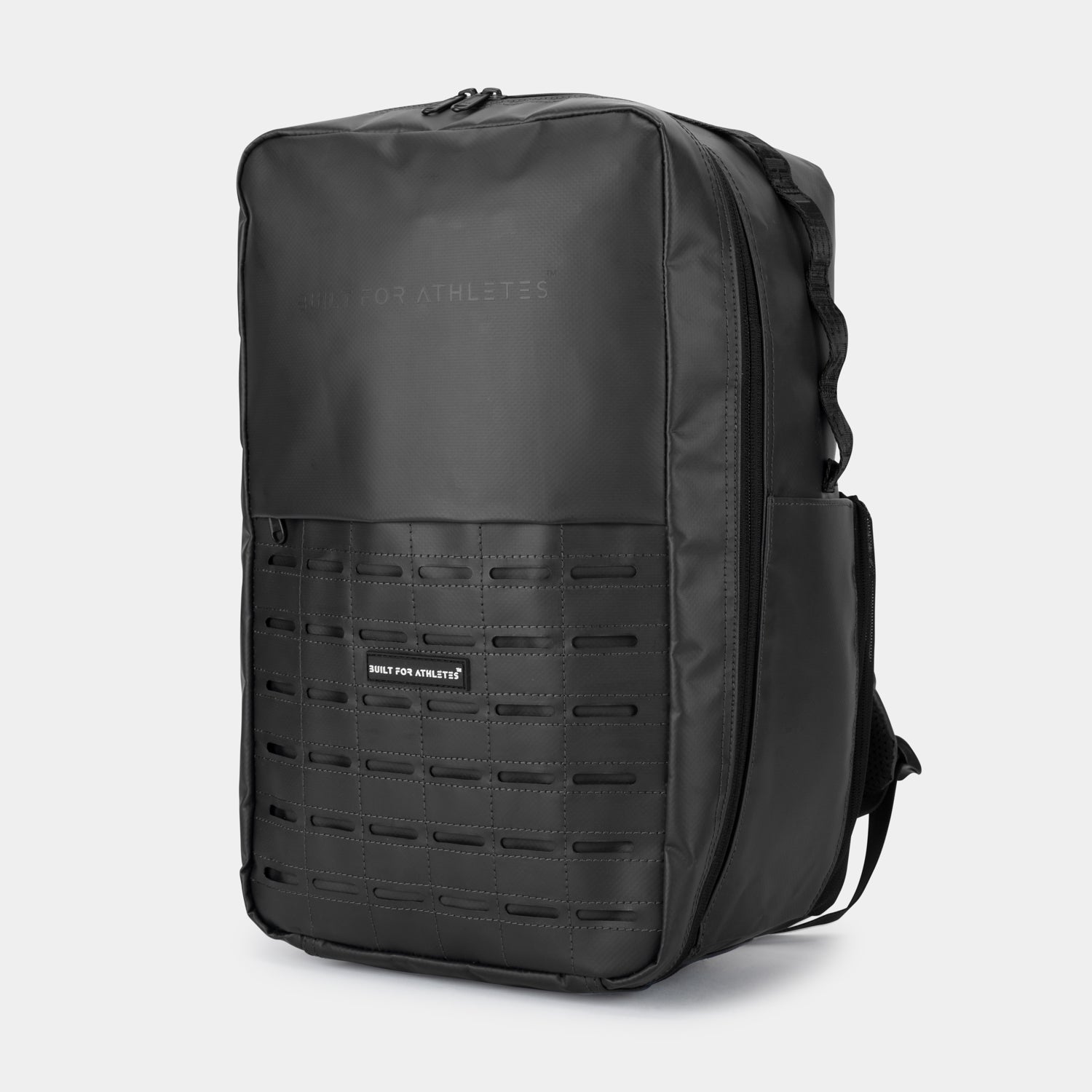
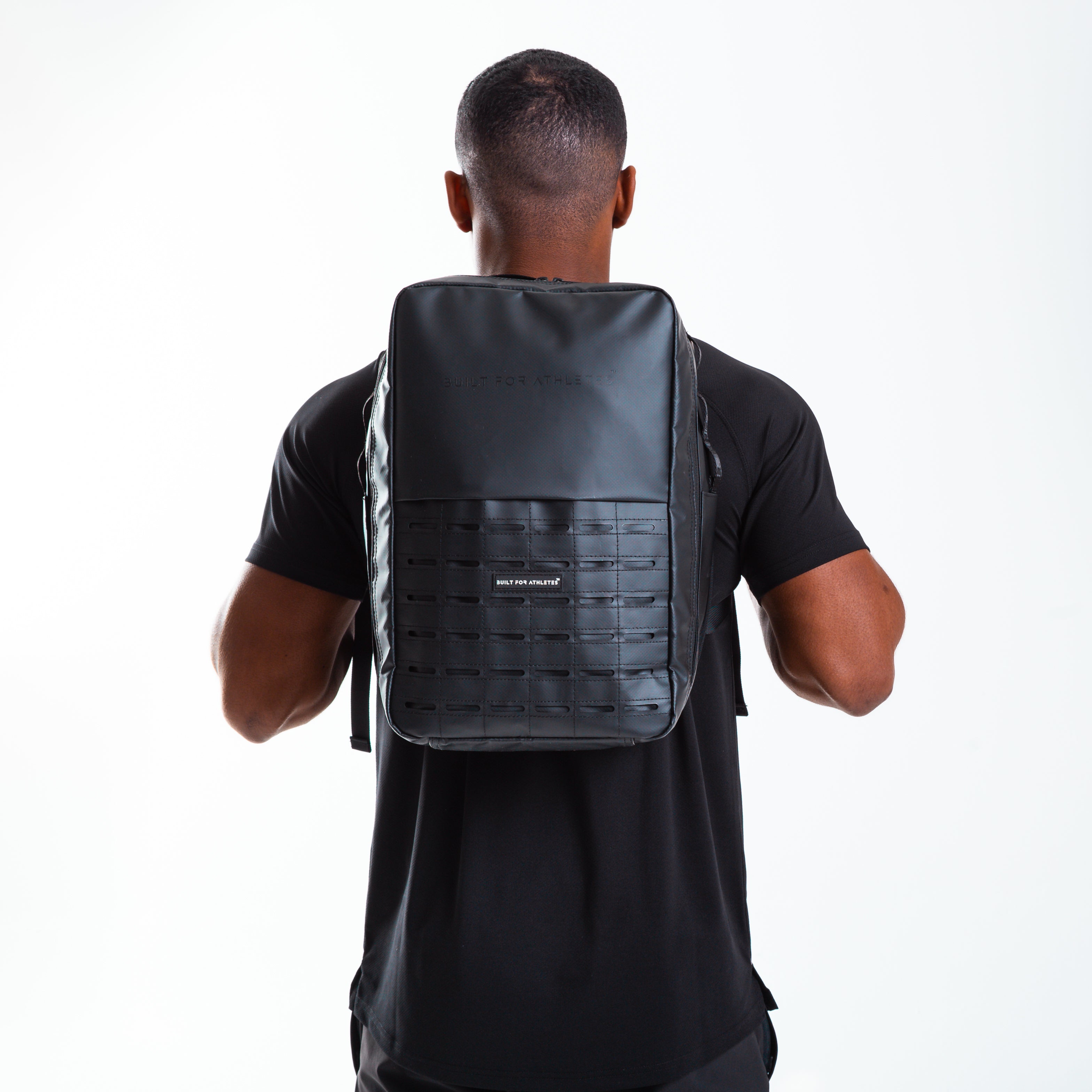
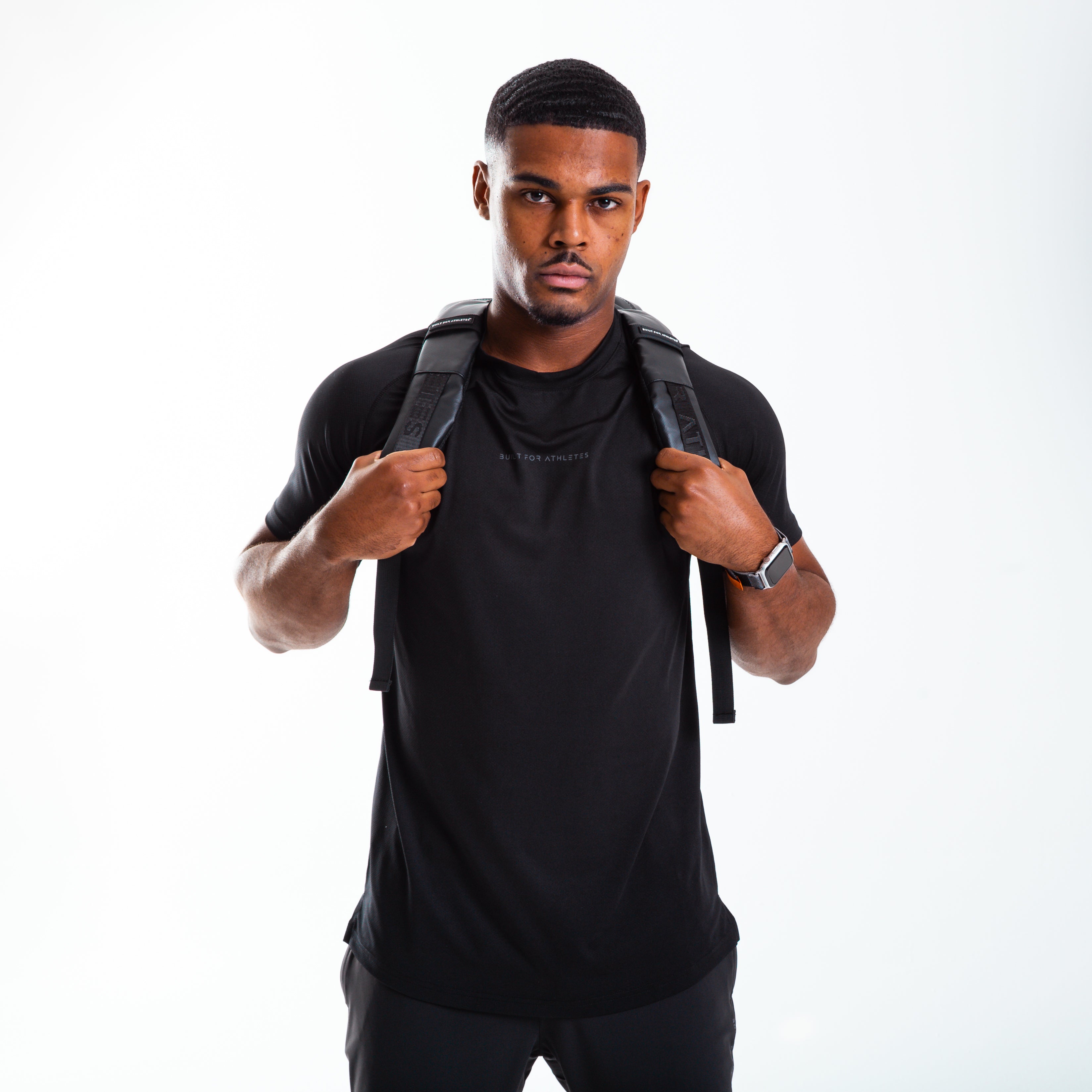




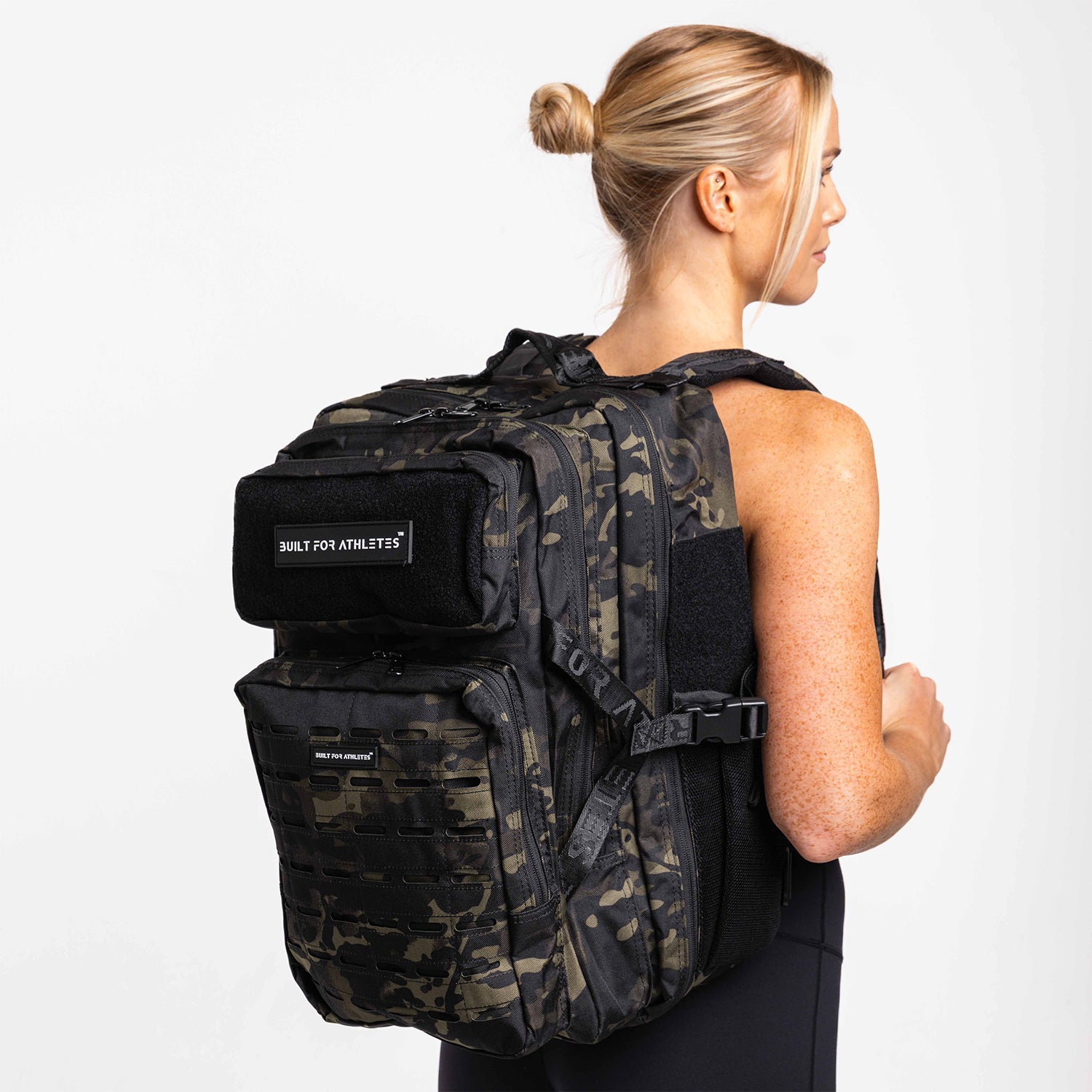

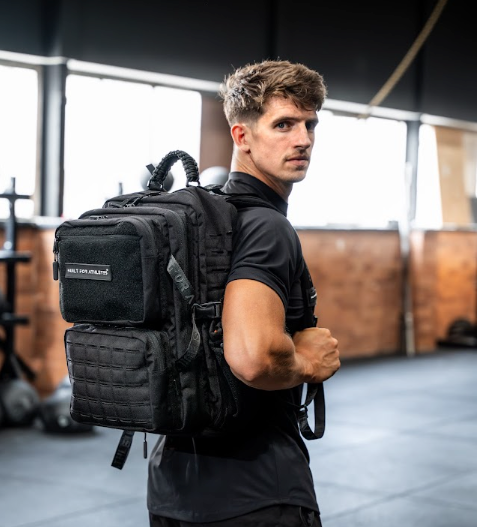
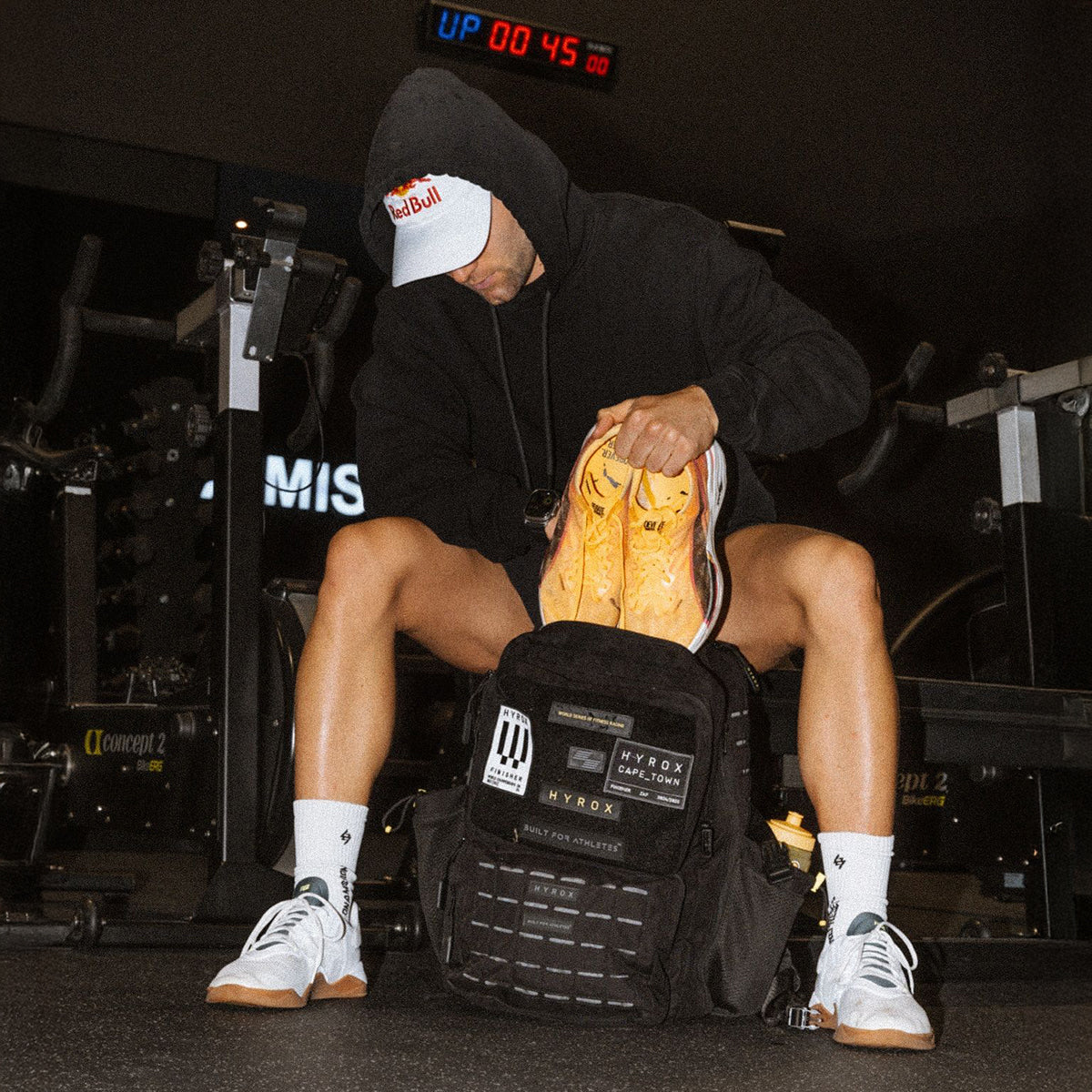
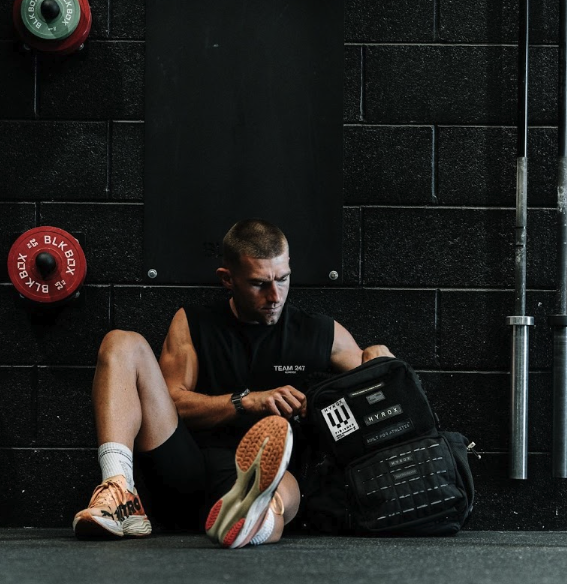
Share:
4 Ways Being Fit Improves Your Mental Health
Should Athletes Skip Breakfast To Improve Gut Health?